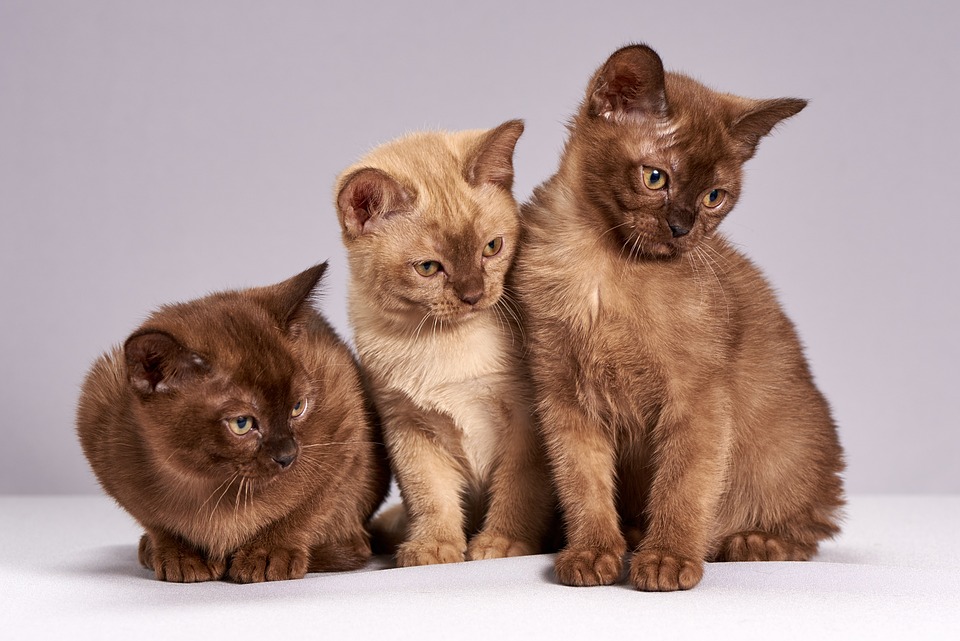**Title: Hyperthyroidism in Cats: Recognizing and Addressing Symptoms**
Introduction
Cats are beloved pets that often become part of our families. However, just like humans, they can experience health issues too. One common condition that affects cats, especially those in their senior years, is hyperthyroidism. In this informative article, we will delve into the symptoms of hyperthyroidism in cats and discuss how to address this condition effectively.
Understanding Hyperthyroidism
Hyperthyroidism in cats occurs when the thyroid gland, located in the neck, becomes overactive and produces an excessive amount of thyroid hormones. This hormonal imbalance can have a significant impact on a cat’s overall health and well-being.
Recognizing Symptoms
1. Increased Appetite: Cats with hyperthyroidism often experience an insatiable hunger, leading to weight loss despite consuming more food.
2. Weight Loss: Despite an increased appetite, cats may lose weight due to a faster metabolism caused by hyperthyroidism.
3. Increased Thirst and Urination: Hyperthyroidism can lead to increased water intake and more frequent urination in cats.
4. Hyperactivity and Restlessness: Cats with hyperthyroidism may exhibit restless behavior, anxiety, and a higher level of activity.
5. Vomiting and Diarrhea: Digestive issues such as frequent vomiting and diarrhea can be signs of hyperthyroidism in cats.
6. Poor Coat Condition: Cats with hyperthyroidism may develop a dull, unkempt coat due to changes in their metabolism and hormonal imbalance.
7. Rapid or Irregular Heartbeat: Hyperthyroidism can cause an irregular or rapid heartbeat, which can be detected by a veterinarian during a physical examination.
Diagnosis and Treatment
1. Veterinary Examination: If you suspect your cat may have hyperthyroidism, schedule a visit to your veterinarian who will perform a thorough physical examination.
2. Blood Tests: Blood tests are essential to measure the levels of thyroid hormones in your cat’s bloodstream, helping to confirm the diagnosis.
3. Treatment Options:
– Medication: Antithyroid drugs can be prescribed to help regulate the production of thyroid hormones in cats.
– Radioactive Iodine Therapy: This treatment involves administering a small dose of radioactive iodine, which selectively destroys the overactive thyroid cells.
– Surgery: Surgical removal of the affected thyroid gland may be recommended in severe cases.
– Prescription Diet: Specialized diets low in iodine can help manage hyperthyroidism in cats.
Frequently Asked Questions (FAQs)
1. Can hyperthyroidism in cats be cured?
– While hyperthyroidism in cats cannot be cured, it can be effectively managed with appropriate treatment, allowing cats to live a comfortable life.
2. Is hyperthyroidism a common condition in cats?
– Yes, hyperthyroidism is one of the most common endocrine disorders in senior cats, typically affecting cats over the age of 10.
3. Are there any home remedies for hyperthyroidism in cats?
– It is crucial to consult a veterinarian for appropriate treatment. While there are no proven home remedies for hyperthyroidism, ensuring a balanced diet and a stress-free environment can support your cat’s overall health.
4. Can hyperthyroidism be fatal for cats?
– If left untreated, hyperthyroidism can lead to severe complications and a decline in a cat’s overall health. However, with proper diagnosis and treatment, the prognosis is generally positive.
Conclusion
Recognizing the symptoms of hyperthyroidism in cats is crucial for early detection and intervention. By seeking veterinary care and considering various treatment options, you can help your feline companion manage this condition effectively. Remember, regular check-ups and monitoring are essential for maintaining your cat’s health and ensuring a happy and fulfilling life.








